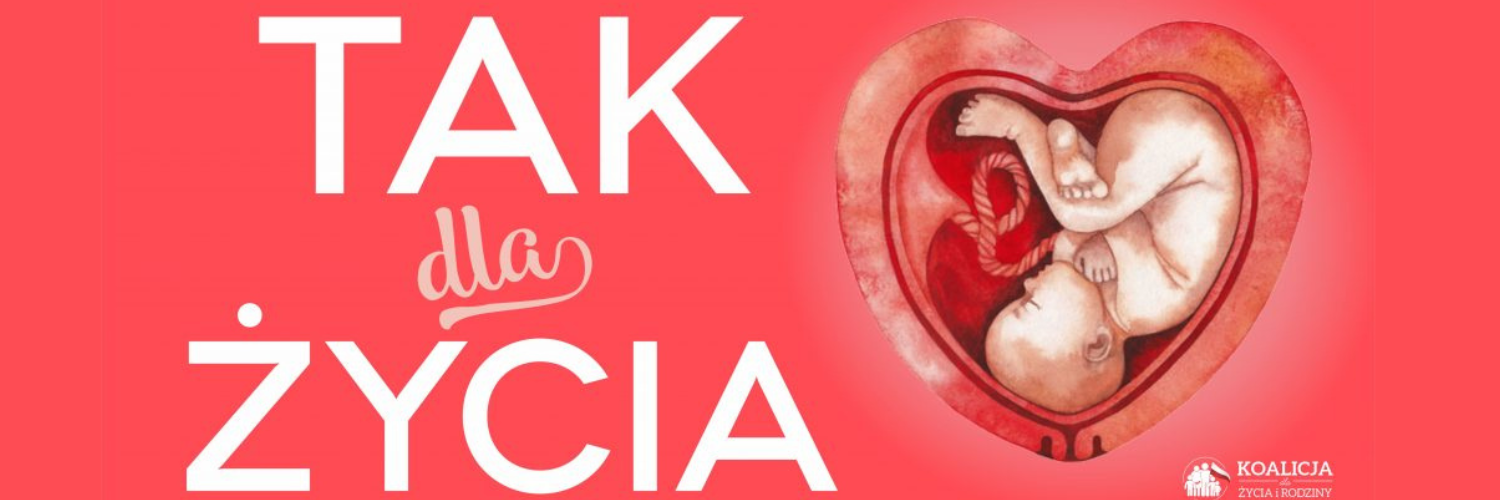WASHINGTON, D.C. August 30 (C-Fam) The UN treaty body that focuses on women’s rights published a report this week accusing Poland of violating women’s rights by restricting abortion. The CEDAW Committee called on Poland to support “the right to abortion as a fundamental right” and adopt standards in line with the guidelines of the World Health Organization, including “total decriminalization and legalization of abortion.”
Polish Prime Minister Donald Tusk recently told reporters “[t]here will be no majority in this parliament for legal abortion, in the full sense of the word, until the next elections. Let’s not kid ourselves.” Tusk was elected to a four-year term last fall, and is considered a centrist who leads a coalition government with divergent views on the issue. The previous Polish government took a more strongly pro-life stance, and since they lost power, abortion advocates have seized the opportunity to increase their pressure.
The CEDAW Committee report was in response to information sent by abortion activists, including the Center for Reproductive Rights, alleging that Poland’s abortion restrictions violated the terms of the CEDAW treaty, which Poland has ratified.
The CEDAW Committee has a long history of pressuring countries to liberalize their abortion laws, despite the treaty making no mention of abortion, either explicitly or euphemistically, and the lack of any internationally recognized human right to abortion in any UN human rights treaty or General Assembly resolution.
Earlier this year, Poland was the subject of a report by the UN’s special rapporteur on violence against women and girls, which also focused on abortion. Like the CEDAW Committee’s report, it urged Poland to align its abortion laws with “international standards” and strictly regulate the use of conscientious objection by health care providers.
Poland responded to the CEDAW Committee by stating “its dedication to guarantee equal access to healthcare services provided by national law, including abortion. They quoted Tusk’s first policy speech, where he insisted that under his leadership, “[w]omen will experience a radical improvement in terms of their rights, dignity, health, and safety.”
The Polish government defended the expertise of its professional bodies tasked with creating standards for identifying what constitutes a “threat to life or health” of a woman. “It needs to be stressed that development of such medical guidelines should be left to learned societies.” They also defended their legal and medical procedures, arguing that patients are not being denied access to either care or information.
Notably absent from the response was any defense of legal protection for the unborn, including their right to life, nor any suggestion that the committee was exceeding its mandate by insisting that Poland agree that abortion is a fundamental right.
The Center for Reproductive Rights noted that Poland’s response focused mainly on the implementation of existing laws, rather than on further legal reforms, it they insists are urgently necessary.
These reports on Poland are not legally binding and cannot force Poland to take any specific action on the abortion issue. Nevertheless, the fact that they imply a right to abortion that does not exist is consistent with the longtime strategy of the Center for Reproductive Rights and their allies in the UN human rights system to create such a right over time through customary international law. The notion that abortion is an international right, or that these entities have the ability to make it so, is a claim that requires stronger contestation than the current Polish government is willing to provide.
View online at: https://c-fam.org/friday_fax/cedaw-committee-orders-poland-to-recognize-fundamental-right-to-abortion/
© 2025 C-Fam (Center for Family & Human Rights).
Permission granted for unlimited use. Credit required.
www.c-fam.org









